Generational Intelligence: The Key to Unlocking a Thriving Multigenerational Workforce
The modern workforce is a tapestry woven from threads of experience and perspective, each unique to a generation. As a Certified Diversity Professional (CDP)®, fostering generational intelligence is a crucial competency for navigating this dynamic environment.
Why is Generational Intelligence Important?
Imagine a workplace where communication flows effortlessly, collaboration thrives, and everyone feels valued. Generational intelligence is the key to achieving this utopia. By understanding the core motivations, work preferences, and communication styles of different generations, DEI professionals can:
- Foster a culture of mutual respect and understanding, dismantling generational stereotypes.
- Leverage the strengths of each generation to create a more creative and productive workforce.
- Craft targeted recruitment and retention strategies that resonate with each generation.
- Prepare for upcoming demographic shifts and ensure the organization remains competitive.
A Historical Perspective on Generational Intelligence
The concept of generations shaping the workplace isn't new. Think about the Industrial Revolution and the rise of the factory worker (Silent Generation), or the post-war economic boom that fueled the career ambitions of the Baby Boomer generation.
Today, we're witnessing the influence of Gen Z, the digital natives who value social responsibility and purpose-driven work. Understanding these trends is critical for organizations that want to attract, retain, and engage top talent across generations.
Moving Beyond Stereotypes
Let's face it, stereotypes about generations abound. Baby Boomers are workaholics, Gen Xers are cynical loners, Millennials crave trophies, and Gen Z... well, you get the idea.
One of the biggest challenges in fostering generational intelligence is avoiding stereotypes. Simply labeling generations with broad generalizations can be counterproductive. The key lies in acquiring knowledge about the historical context, work values, and communication preferences that shaped each generation. This empowers DEI leaders to:
- Craft Inclusive Work Environments: By understanding generational needs, you can design flexible work arrangements, communication styles, and professional development programs that resonate with everyone.
- Bridge the Communication Gap: Baby Boomers might prefer face-to-face meetings, while Gen Z may be more comfortable with online collaboration tools. Generational intelligence fosters empathy and helps break down communication barriers.
- Promote Mentorship Programs: Pair experienced professionals with younger generations to foster knowledge transfer and build relationships.
When you leverage the strengths of each generation, your teams become more innovative, adaptable, and successful.
Tips and Resources for Building Generational Intelligence
- Embrace Lifelong Learning: Stay updated on the latest research and trends regarding generational differences in the workplace.
- Seek out Diverse Perspectives: Talk to colleagues from different generations, conduct surveys, and encourage open communication.
- Invest in Training: CDP® certification equips you to foster generational intelligence within your organization. The program delves into the specific needs and motivations of each generation, providing practical tools to bridge the generational divide.
Become a Generational Intelligence Champion
By mastering generational intelligence, Certified Diversity Professional (CDP)® leaders equip themselves to build inclusive workplaces that thrive on the rich tapestry of diverse generations.
The CDP® program equips you to not only understand generational differences, but to also leverage them to create a dynamic and successful organization.
By understanding and appreciating the unique contributions of every generation, you can cultivate a vibrant and thriving work environment.
Ready to become a champion for generational intelligence?
Enroll today and unlock the power of your multigenerational workforce!
Share This Article!
Disclaimer: Content on this blog is authored by multiple sources. While we do make every attempt to proofread and fact-check, unless authored our staff, the views expressed do not necessarily reflect those of the Institute for Diversity Certification (IDC), Inc.
More Insightful DEIA Blogs



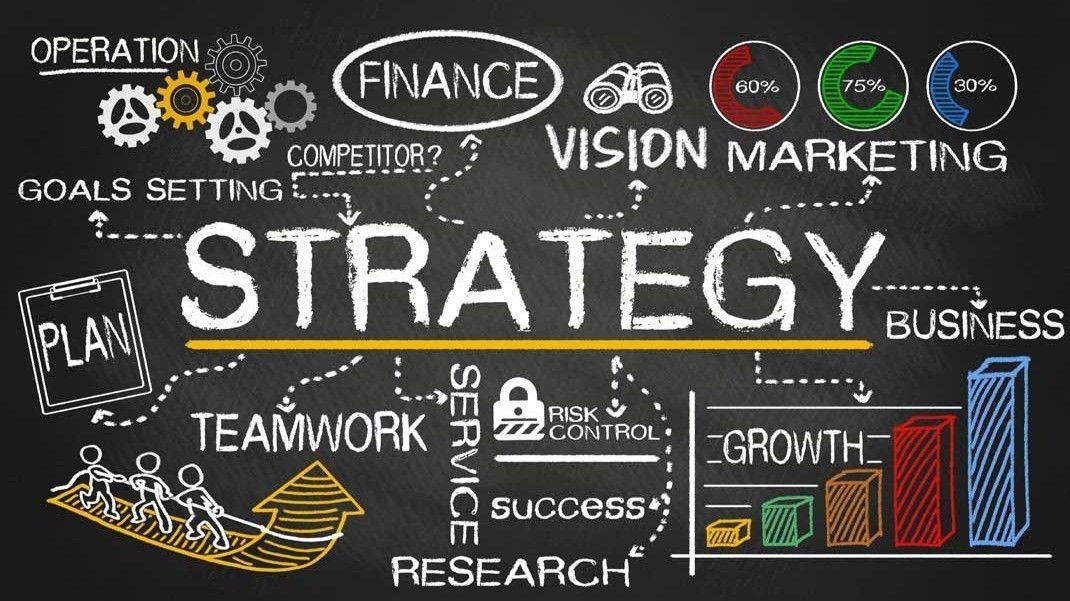
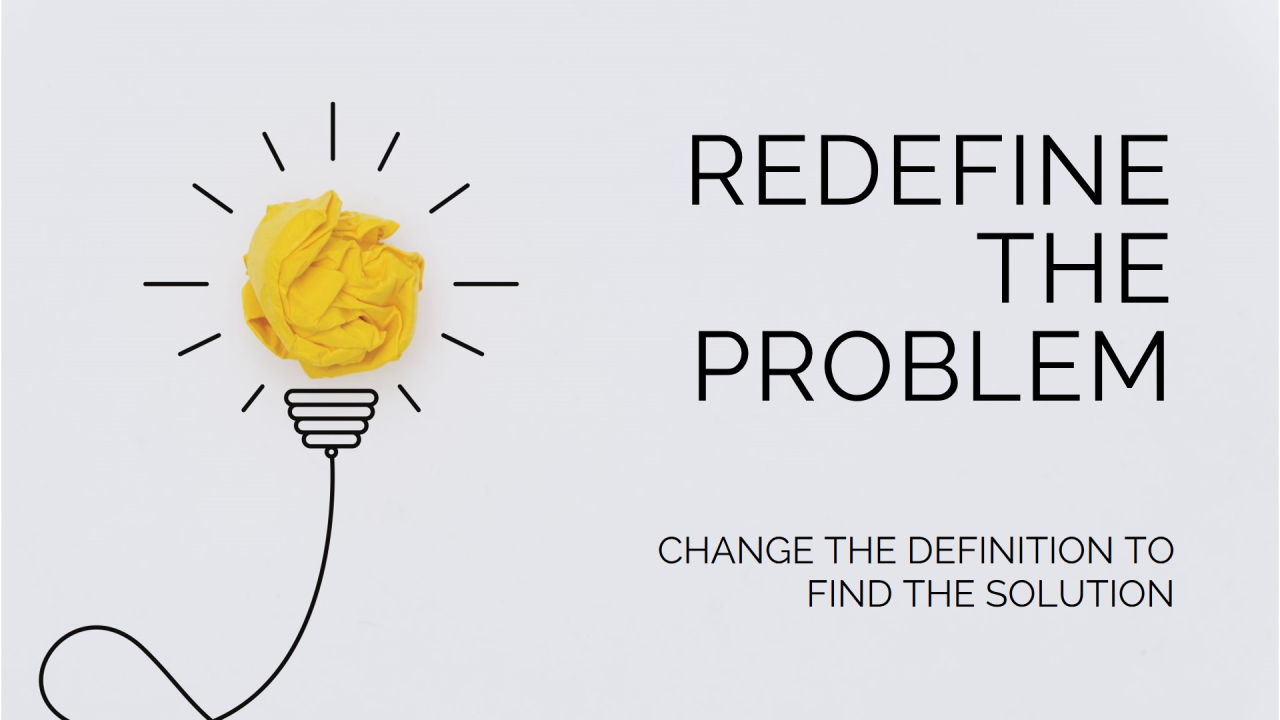

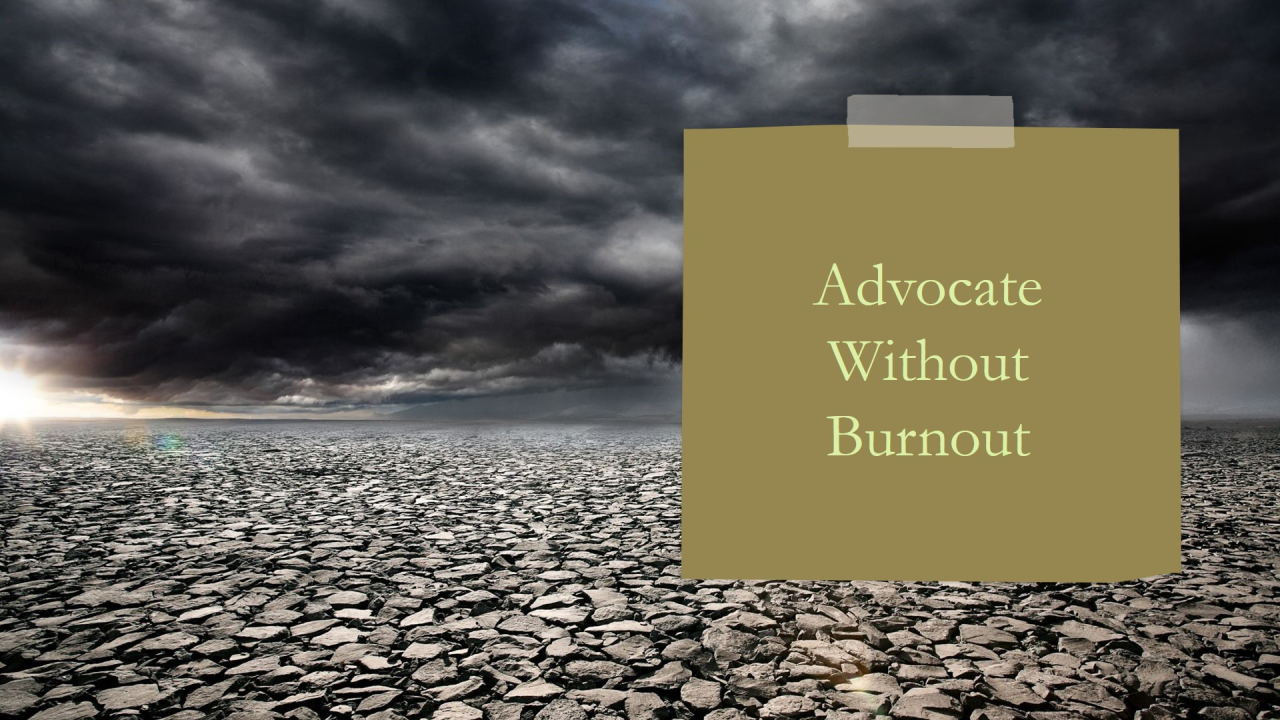
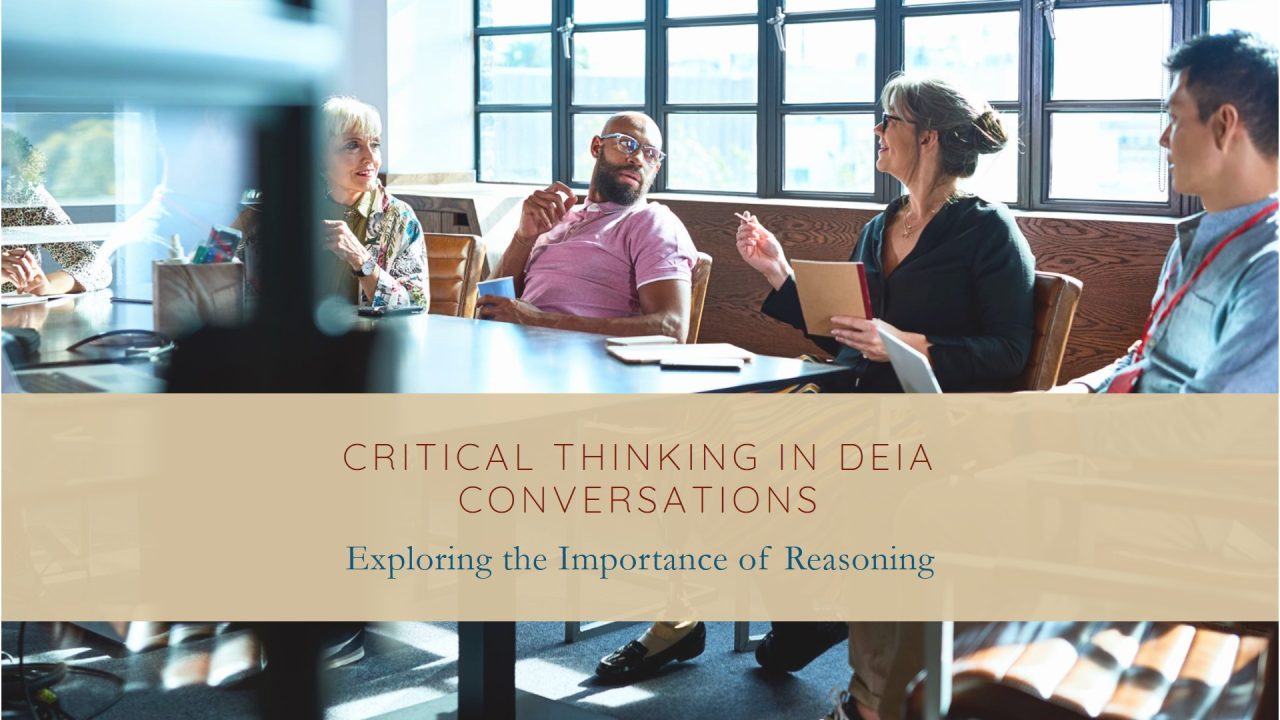
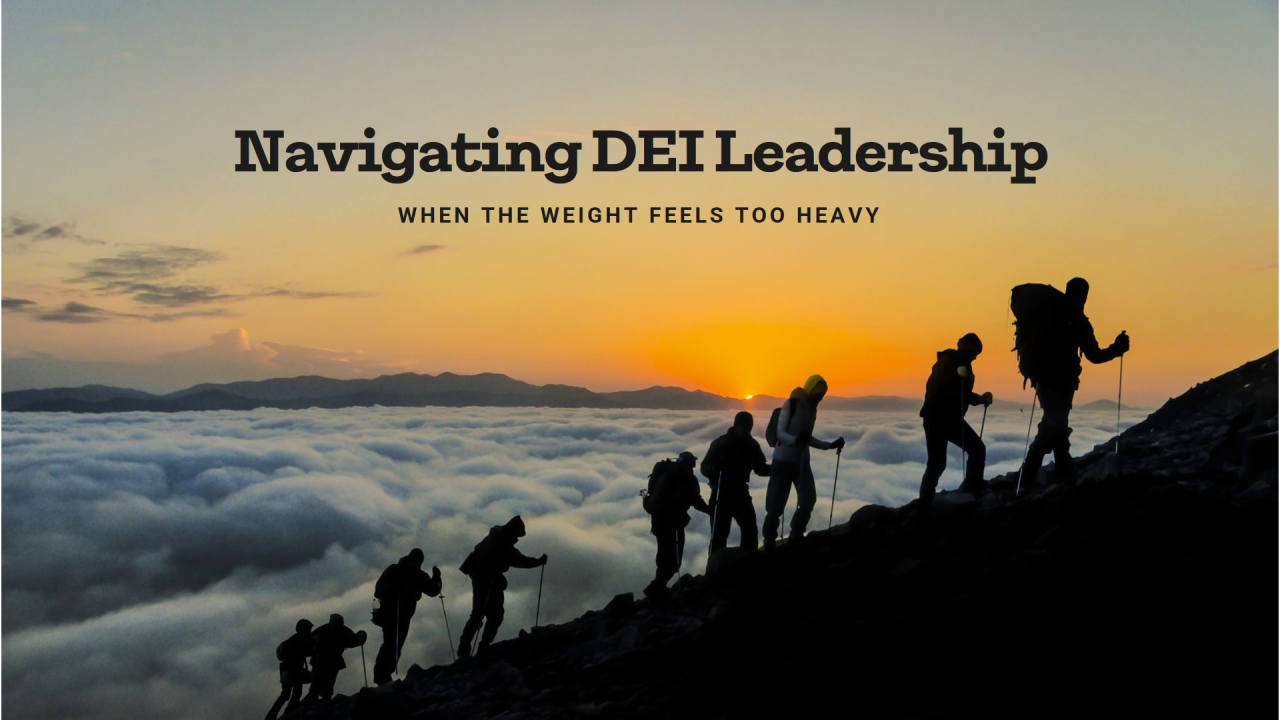
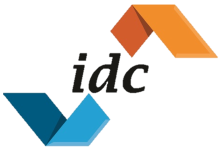
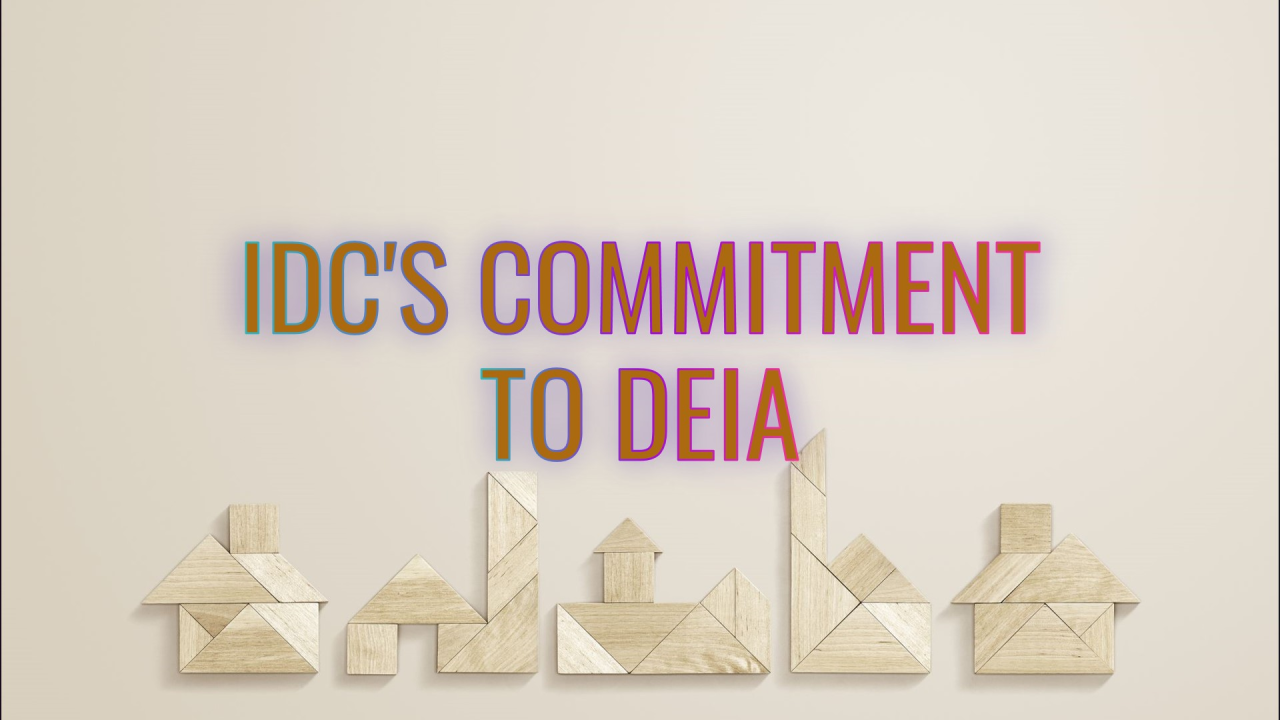
Share On: